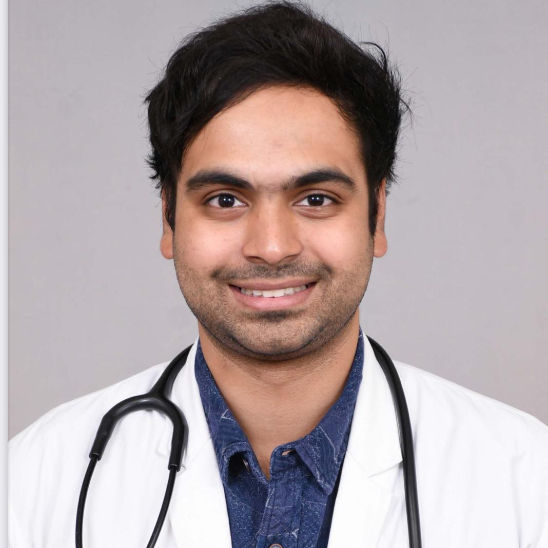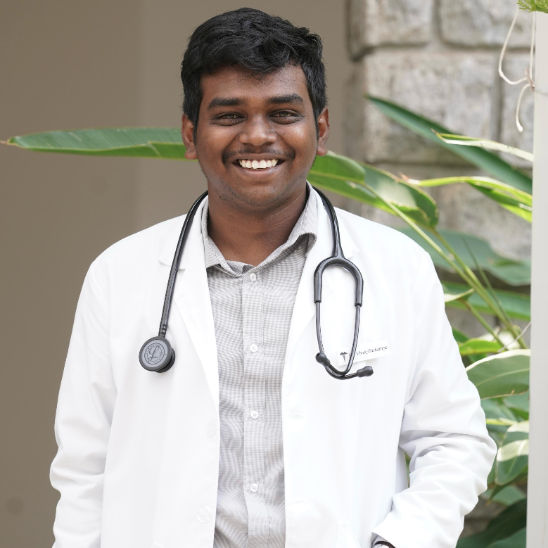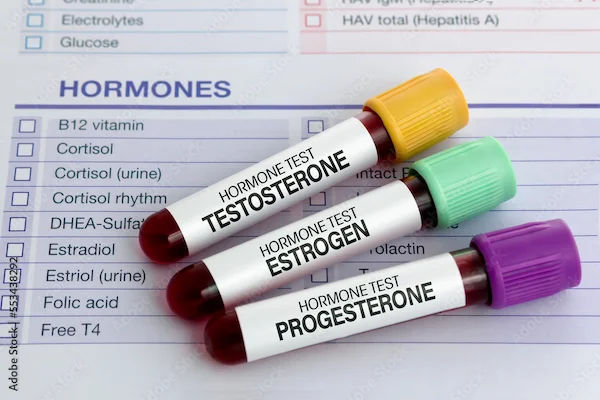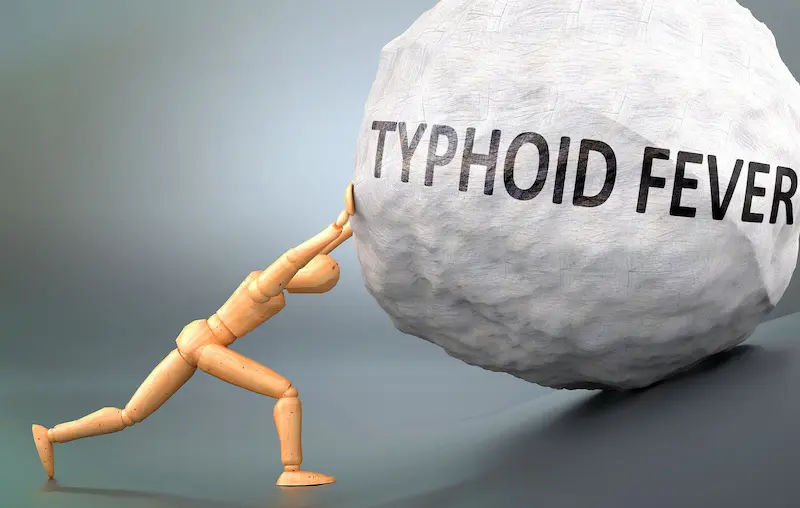Understanding Abscesses and Cysts
Confused between an abscess and a cyst? Learn the key differences, symptoms, causes, and treatments to help you identify and manage skin lumps effectively.

Written by Dr. Md Yusuf Shareef
Reviewed by Dr. Shaik Abdul Kalam MD (Physician)
Last updated on 13th Jan, 2026

Dealing with lumps or bumps under the skin can be concerning, especially when you're unsure whether it's an abscess or a cyst. While both may look similar, they are different in nature and require different approaches to treatment. This article will help you understand what abscesses and cysts are, their symptoms, causes, and how to manage them effectively.
What Is an Abscess?
An abscess is a pocket of pus caused by a bacterial infection. It forms when the body tries to fight off an infection by sending white blood cells to the affected area, leading to swelling, pain, and redness. Abscesses can occur anywhere in the body, including the skin, teeth, or internal organs.
Symptoms of an Abscess
- A swollen, red, and painful lump
- Warmth around the affected area
- Pus or fluid discharge
- Fever (if the infection spreads)
Common Causes
- Bacterial infections (often Staphylococcus aureus)
- Blocked sweat glands or hair follicles
- Injuries that break the skin
What Is a Cyst?
A cyst is a sac-like pocket filled with fluid, air, or other substances. Unlike abscesses, cysts are usually non-infectious and grow slowly. They can develop anywhere on the body, including the skin, ovaries, or kidneys.
Symptoms of a Cyst
- A round, movable lump under the skin
- Usually painless unless infected or inflamed
- May grow slowly over time
Common Causes
- Blocked ducts or glands
- Genetic conditions (like polycystic kidney disease)
- Chronic inflammation
Key Differences Between Abscesses and Cysts
Consult Top Specialists
How Are Abscesses and Cysts Treated?
Treating an Abscess
- Medical Drainage – A doctor may need to drain the pus to relieve pain and prevent infection spread.
- Antibiotics – If the infection is severe, oral or topical antibiotics may be prescribed.
- Warm Compress – Applying a warm cloth can help reduce swelling and encourage drainage.
Treating a Cyst
- Observation – Small, painless cysts may not need treatment.
- Drainage or Removal – If a cyst becomes large or bothersome, a doctor can drain or surgically remove it.
- Steroid Injections – Used to reduce inflammation in some cases.
When to See a Doctor
Consult a healthcare provider if:
- The lump is painful, growing, or red.
- You develop a fever (sign of infection).
- The abscess or cyst keeps coming back.
If you're unsure about a skin lump, it's always best to get it checked. You can easily book a consultation with a dermatologist or general physician through Apollo 24|7 for expert advice.
Prevention Tips
For Abscesses
- Keep wounds clean and covered.
- Avoid sharing personal items like razors.
- Practice good hygiene to prevent bacterial infections.
For Cysts
- Maintain proper skincare to prevent blocked pores.
- Avoid squeezing or picking at skin bumps.
- Stay hydrated and eat a balanced diet to support skin health.
Final Thoughts
Abscesses and cysts may look similar, but they have different causes and treatments. While some may resolve on their own, others need medical attention. If you notice any unusual lumps, don’t hesitate to seek professional advice. Early treatment can prevent complications and ensure a quick recovery.
For expert care, schedule a consultation or diagnostic test through Apollo 24|7 today!
Consult Top Specialists
Consult Top Specialists

Dr Suseela
General Physician
5 Years • MBBS
Bengaluru
Apollo Medical Center, Marathahalli, Bengaluru

Dr Syed Mateen Pasha
General Physician
2 Years • MBBS
Bengaluru
PRESTIGE SHANTHINIKETAN - SOCIETY CLINIC, Bengaluru

Dr. Gunashree V L
General Physician/ Internal Medicine Specialist
3 Years • MBBS
Bengaluru
Apollo Clinic, JP nagar, Bengaluru

Dr Bhargav Vuppumalla
General Physician/ Internal Medicine Specialist
5 Years • MBBS MD GENERAL MEDICINE
Bengaluru
Apollo Medical Center, Marathahalli, Bengaluru

Dr. Vivek D
General Physician
4 Years • MBBS
Bengaluru
PRESTIGE SHANTHINIKETAN - SOCIETY CLINIC, Bengaluru
Consult Top Specialists

Dr Suseela
General Physician
5 Years • MBBS
Bengaluru
Apollo Medical Center, Marathahalli, Bengaluru

Dr Syed Mateen Pasha
General Physician
2 Years • MBBS
Bengaluru
PRESTIGE SHANTHINIKETAN - SOCIETY CLINIC, Bengaluru

Dr. Gunashree V L
General Physician/ Internal Medicine Specialist
3 Years • MBBS
Bengaluru
Apollo Clinic, JP nagar, Bengaluru

Dr Bhargav Vuppumalla
General Physician/ Internal Medicine Specialist
5 Years • MBBS MD GENERAL MEDICINE
Bengaluru
Apollo Medical Center, Marathahalli, Bengaluru

Dr. Vivek D
General Physician
4 Years • MBBS
Bengaluru
PRESTIGE SHANTHINIKETAN - SOCIETY CLINIC, Bengaluru




